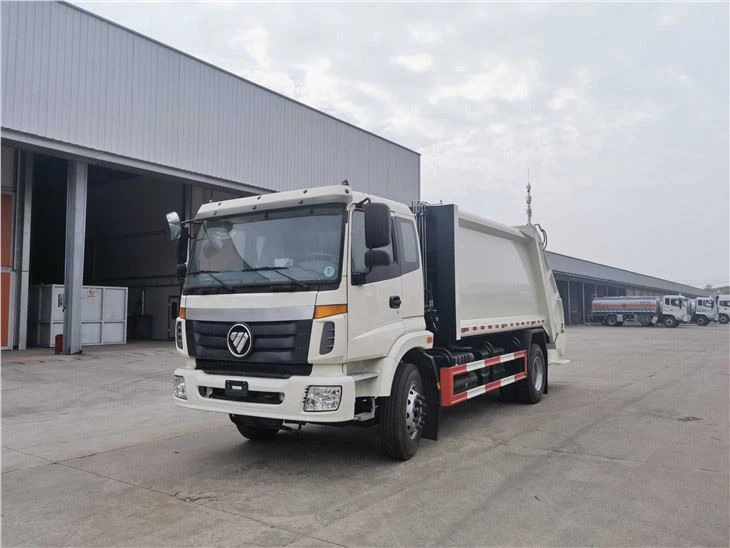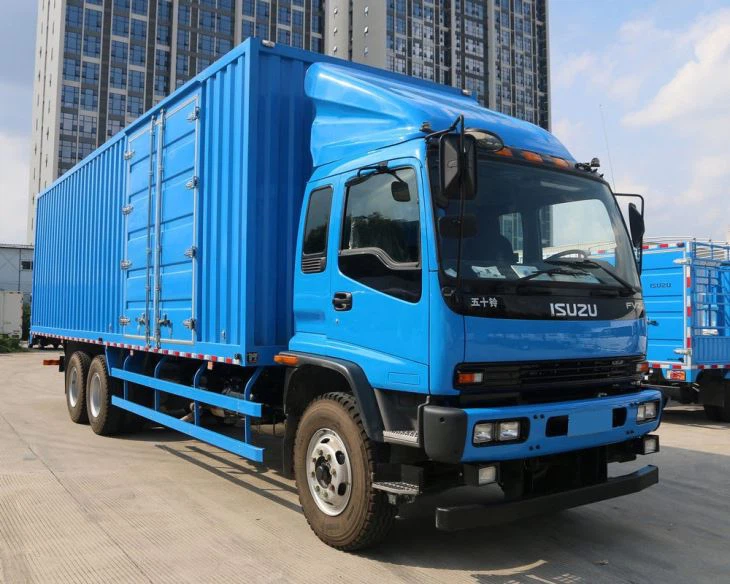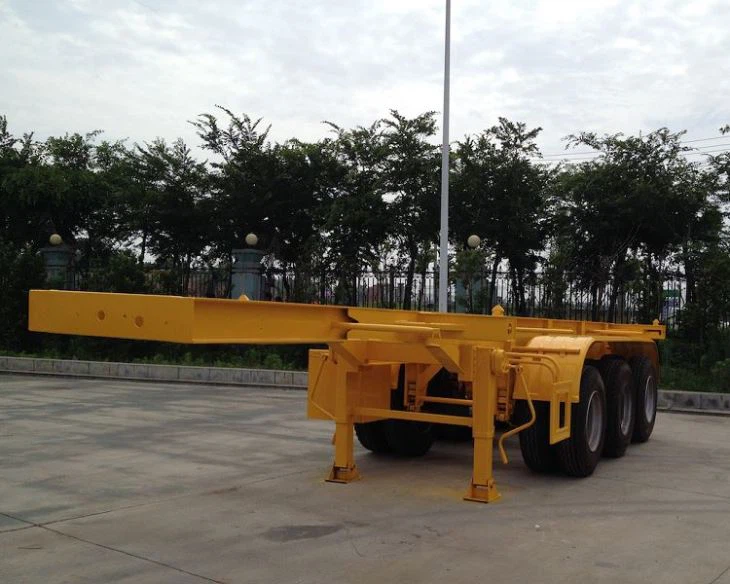Finding the Best Bin Lorry for Sale: A Comprehensive Guide

In the modern world, waste management is essential for maintaining cleanliness in our communities. From residential to commercial environments, there is a significant demand for efficient waste collection vehicles, commonly known as bin lorries. If you’re in the market for a bin lorry for sale, this article will guide you through everything you need to know, including types, features, purchasing options, and important considerations to keep in mind.
What is a Bin Lorry?
A bin lorry, also known as a refuse collection vehicle (RCV), is designed specifically for collecting and transporting waste. These vehicles come in various sizes and configurations, enabling them to handle different types of waste, including general rubbish, recyclables, and organic waste. Understanding the various types of bin lorries can help you choose the right one for your needs.
Types of Bin Lorries
- Rear-loader Bin Lorries: These have a chute at the back that allows waste to be loaded directly into the body of the truck. They are often smaller and require manual lifting.
- Side-loader Bin Lorries: These vehicles are equipped with arms that can pick up bins from the side and dump them into the lorry. They are typically more automated.
- Front-loader Bin Lorries: Designed for commercial waste, these vehicles have arms that hook onto large bins and lift them from the front. They usually have a larger capacity.
- Compaction Bin Lorries: These feature a mechanism that compacts waste for efficient transport and increased capacity. Ideal for high-volume waste collection.
- Skip Lorries: These come with a platform to carry detachable skips, which can be filled on-site and collected later.
Key Features to Consider When Buying a Bin Lorry
1. Capacity
When selecting a bin lorry for sale, the capacity of the vehicle is one of the most important considerations. Depending on your operational needs, you may require a lorry with a larger or smaller waste capacity. Common capacities are:
| Type of Bin Lorry | Typical Capacity |
|---|---|
| Small Bin Lorry | 5-7 cubic meters |
| Medium Bin Lorry | 10-15 cubic meters |
| Large Bin Lorry | 20-30 cubic meters |
2. Engine Type
Bin lorries typically come with diesel engines due to their power and durability. However, electric versions are becoming popular due to environmental considerations. Evaluate the engine type based on fuel economy and environmental impact.
3. Features and Accessories
Modern bin lorries often come equipped with various features that enhance functionality:
- Automated Arm Systems: These allow for easier lifting of bins, reducing manual labor.
- Compaction Systems: Helps to maximize load capacity by compressing waste.
- CCTV and GPS Systems: For improved operational safety and route management.
4. Safety Features
Safety should be a top priority when purchasing a bin lorry. Essential safety features include:
- Rear-view cameras for increased visibility
- Alarm systems to alert pedestrians
- Stable braking systems for heavy loads
5. Budget Considerations
The cost of a bin lorry can vary widely based on its type, features, and brand. Here’s a rough estimate of the price range:

| Type | Price Range |
|---|---|
| Used Small Bin Lorry | £15,000 – £30,000 |
| New Medium Bin Lorry | £50,000 – £70,000 |
| Used Large Bin Lorry | £40,000 – £80,000 |
| New Electric Bin Lorry | £100,000+ |
How to Buy a Bin Lorry
1. Research and Comparison
Begin by researching various models and brands. Compare features, prices, and customer reviews. Websites, forums, and social media can provide valuable insights into the performance of different lorries.
2. Visit Dealerships
Visiting dealers in person allows you to inspect the vehicles directly. Look for reputable dealers and ask about warranties, servicing options, and after-sales support.
3. Consider Second-hand Options
If budget constraints are a concern, consider used bin lorries. Many are well-maintained and can provide great value. Check for service history and condition reports.
Financing Options for Your Bin Lorry
When purchasing a bin lorry, there are various financing options available:
- Loans: Traditional bank loans or specialized vehicle financing.
- Leasing: Monthly payments with the option to buy at the end of the lease.
- Grants: Research if there are any governmental or environmental grants available for purchasing eco-friendly vehicles.
Maintenance and Care for Your Bin Lorry
1. Regular Inspections

Routine inspections are crucial for keeping your bin lorry in optimal working condition. Check for:
- Fluid levels (oil, coolant, etc.)
- Tire condition and pressure
- Braking system integrity
2. Cleaning and Sanitizing
Maintaining cleanliness is critical, especially for waste collection vehicles. Regularly clean the interior and exterior using appropriate cleaning agents. Don’t forget to sanitize to prevent any unpleasant odors.
Environmental Considerations
As environmental concerns grow, many municipalities are opting for greener alternatives. When choosing a bin lorry for sale, consider:
- The vehicle’s emissions and fuel efficiency
- Possibility of retrofitting existing lorries with eco-friendly technologies
- Potential for electric or hybrid vehicles to minimize environmental impact

Choosing the Right Supplier
1. Check Reputation
Investigate the supplier’s reputation by reading online reviews and testimonials. Reliable suppliers usually have long-standing relationships with their customers.
2. Customer Service
Good customer service is crucial. Ensure that the supplier is responsive and provides necessary support after the purchase.
FAQs About Bin Lorries for Sale
1. Where can I find bin lorries for sale?
You can find bin lorries for sale at specialized vehicle dealerships, online marketplaces, and through municipal auctions.
2. What is the average lifespan of a bin lorry?
The average lifespan of a bin lorry can range from 10 to 15 years, depending on usage and maintenance.
3. Are used bin lorries reliable?
Yes, used bin lorries can be reliable if they are well-maintained. Always request maintenance records and inspect the vehicle thoroughly before purchase.
4. Can I customize my bin lorry?
Many manufacturers offer customization options tailored to specific operational needs, such as body size, engine type, and features.
5. What kind of training is necessary for driving a bin lorry?
Drivers typically require a commercial driving license and may need additional training on the vehicle’s operating systems and waste handling procedures.
6. How do I finance a bin lorry purchase?
Financing options include bank loans, leasing, and potential grants for eco-friendly vehicles. Explore multiple options to determine what fits your budget best.
